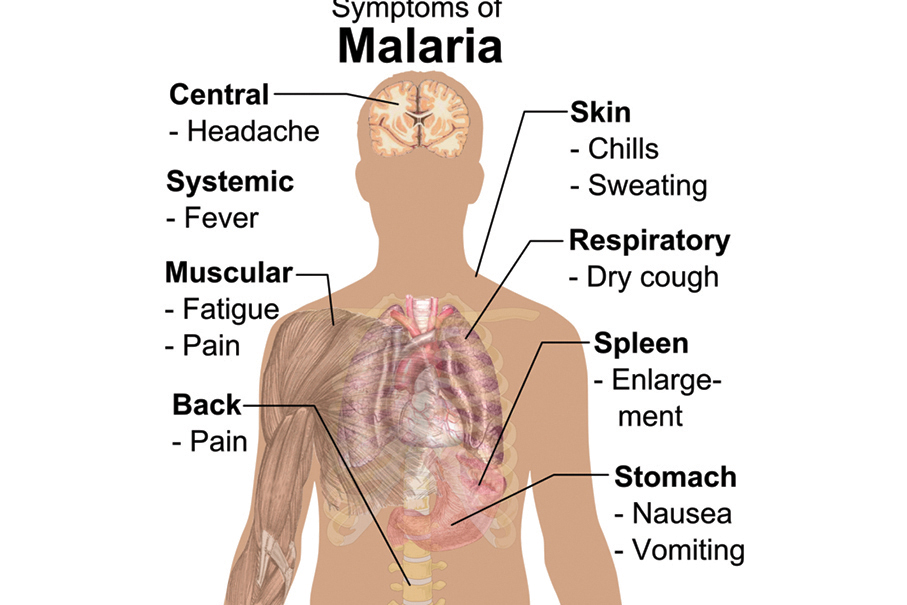Macau has recorded this year’s first imported case of malaria, the Health Bureau (SSM) announced in a statement yesterday.
According to the statement, the patient is a 49-year-old non-resident worker (NRW) who had returned to Macau from Africa three months ago. He came down with chills, frequent urination and tea-coloured urine on Wednesday, after which he sought treatment at the private Kiang Wu Hospital.
According to the statement, a blood test showed that the patient has been infected with the ring form of Plasmodium falciparum, the early stage of Plasmodium parasite that causes malaria in humans, because of which he was diagnosed with malaria.
The man was in a “fair” condition at the time of last night’s statement.
The statement underlined that the Macau Health Bureau has classified the man’s case as an imported case of malaria after considering his travel history and the time of the onset of his symptoms, as well as its laboratory test results.
Malaria is a serious and sometimes fatal communicable disease caused by a group of malaria parasites, scientifically known as Plasmodium, the statement noted.
Malaria is transmitted to humans through the bites of infected female Anopheles mosquitoes, and while it cannot be spread directly between people, it can be transmitted through contaminated blood, organ transplants, shared needles, or from mother to child during pregnancy or childbirth, the statement said.
The statement also noted that the incubation period for different malaria parasites varies, typically ranging from 7 to 30 days after a mosquito bite, but in some cases, it can extend for months. Symptoms include intermittent fever, chills, sweating, headaches, fatigue, and muscle pain, with severe complications potentially leading to anaemia, organ failure, seizures, confusion, and death if not treated promptly.

Image courtesy of Mikael Häggström/Wikimedia Commons






